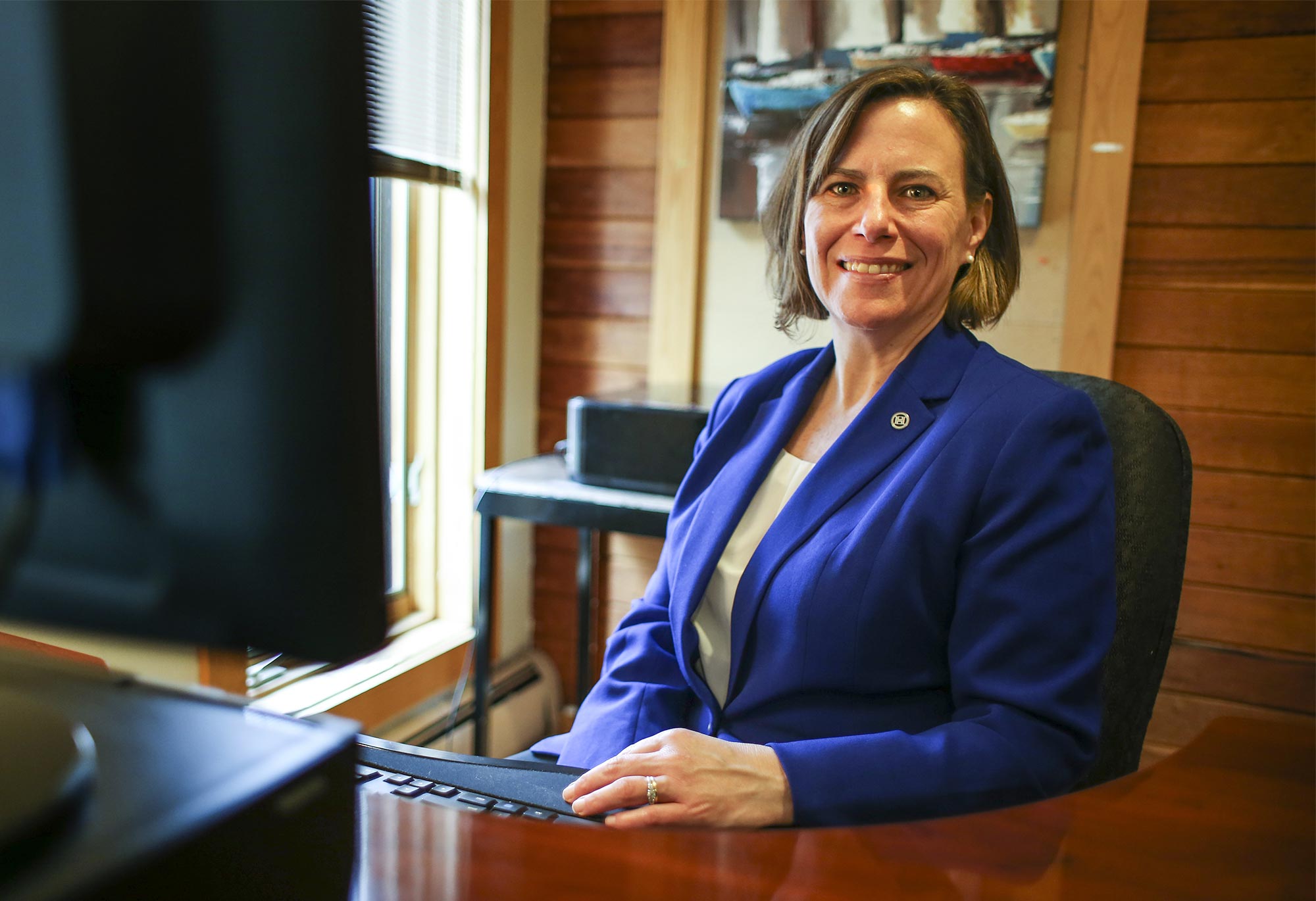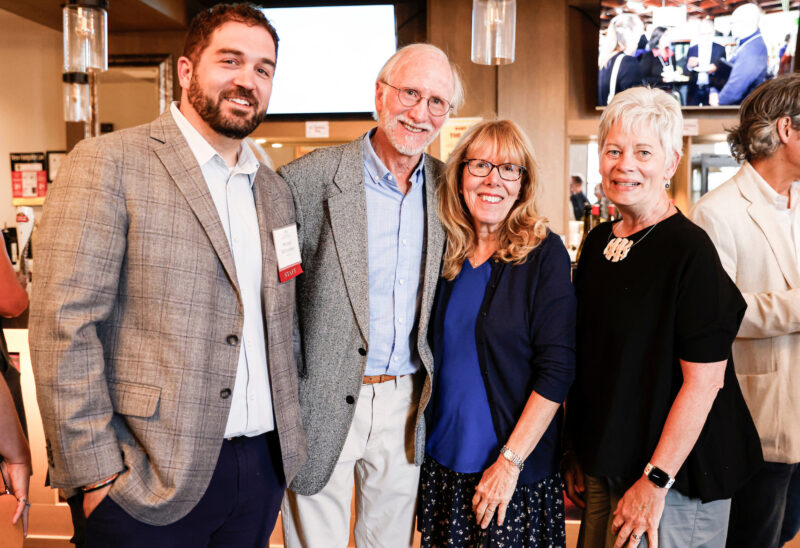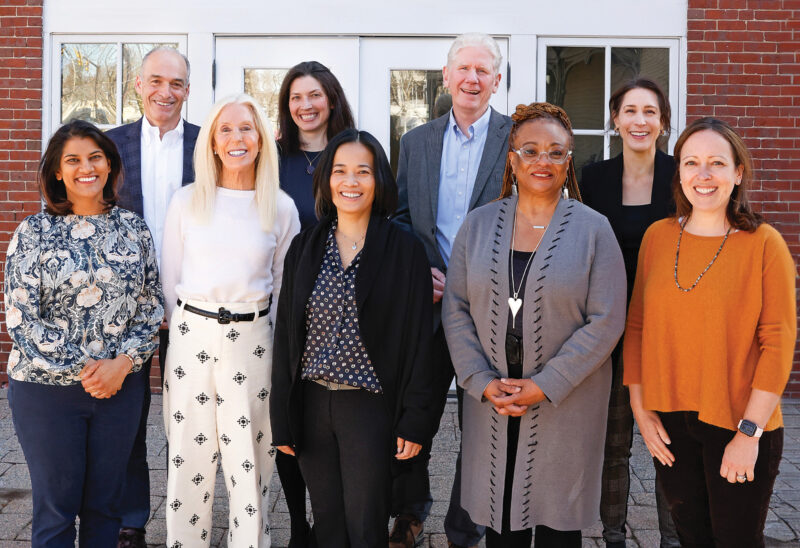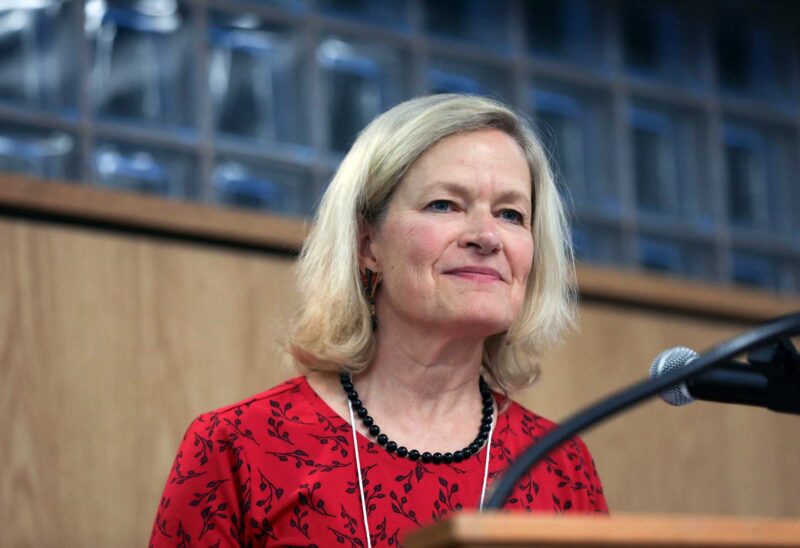By Kathleen Reardon, CEO, NH Center for Nonprofits
I landed my first job out of college by boldly telling my soon-to-be boss in the interview that I ultimately wanted her job — to be the director of a nonprofit organization. I believed then — as I do now — that nonprofit organizations are both integral to the vitality of our communities and a powerful force that brings people together for the common good. Here in New Hampshire we rely upon our nonprofit organizations to address an astounding array of issues and to support the quality of life we treasure.
Since I joined the NH Center for Nonprofits as CEO in January, I have met with hundreds of nonprofit leaders and stakeholders across the state. What I heard was both inspirational and concerning.
Here in New Hampshire, we rely upon our nonprofit organizations to address an astounding array of issues and to support the quality of life we treasure.- Kathleen Reardon, CEO, NH Center for NonprofitsTweet This
People spoke passionately about their missions and new ways that they are working together to deepen their impact. Regardless of their organization’s size or stage of development, the majority of people I spoke with have taken steps to increase their levels of sophistication to effectively manage their organizations and advance their missions. They are using technology to improve their services and be more efficient. They are using data to measure their impact, evaluate their programs and report their results. They are developing strategic partnerships to improve or increase services offered. They are embracing change and looking for new models.
And yet we are still facing a number of unique challenges within the sector. Nonprofits are navigating a time of immense need and change, while pursuing ways to build long-term sustainability and viability. Despite increased focus on fiscal strategy, nonprofits are managing within an ever-changing and complex funding environment. Several organizations spoke about tough decisions their boards made, turning away from a major funding source because new requirements would have altered the organization’s mission. We discussed the prevalence of the “overhead myth” still held by many — that the percentage of dollars spent on “overhead” should be kept to a bare minimum. This has left many nonprofits without the capacity needed to respond to change, invest in technology and sustain their efforts.
These challenges are not new. But the stakes seem so much higher now as we grapple with today’s problems. Nonprofit leaders are on the front lines and are working hard to respond. But we can’t do it alone. More than ever, we need commitment from all three sectors – nonprofit, business and government — to work together, mindful of our reliance upon each other for the state’s strength. The NH Center for Nonprofits has a long history of convening people across sectors to build relationships and gain insights from each other. I look forward to advancing this dialogue — and the collective action needed to ensure that our state thrives.
Learn more about the NH Center for Nonprofits at www.nhnonprofits.org.











![Indrika Arnold, Senior Wealth Advisor, the Colony Group [Photo by Cheryl Senter]](https://www.nhcf.org/wp-content/uploads/2024/05/Indrika-Arnold-Hero-800x534.jpg)







